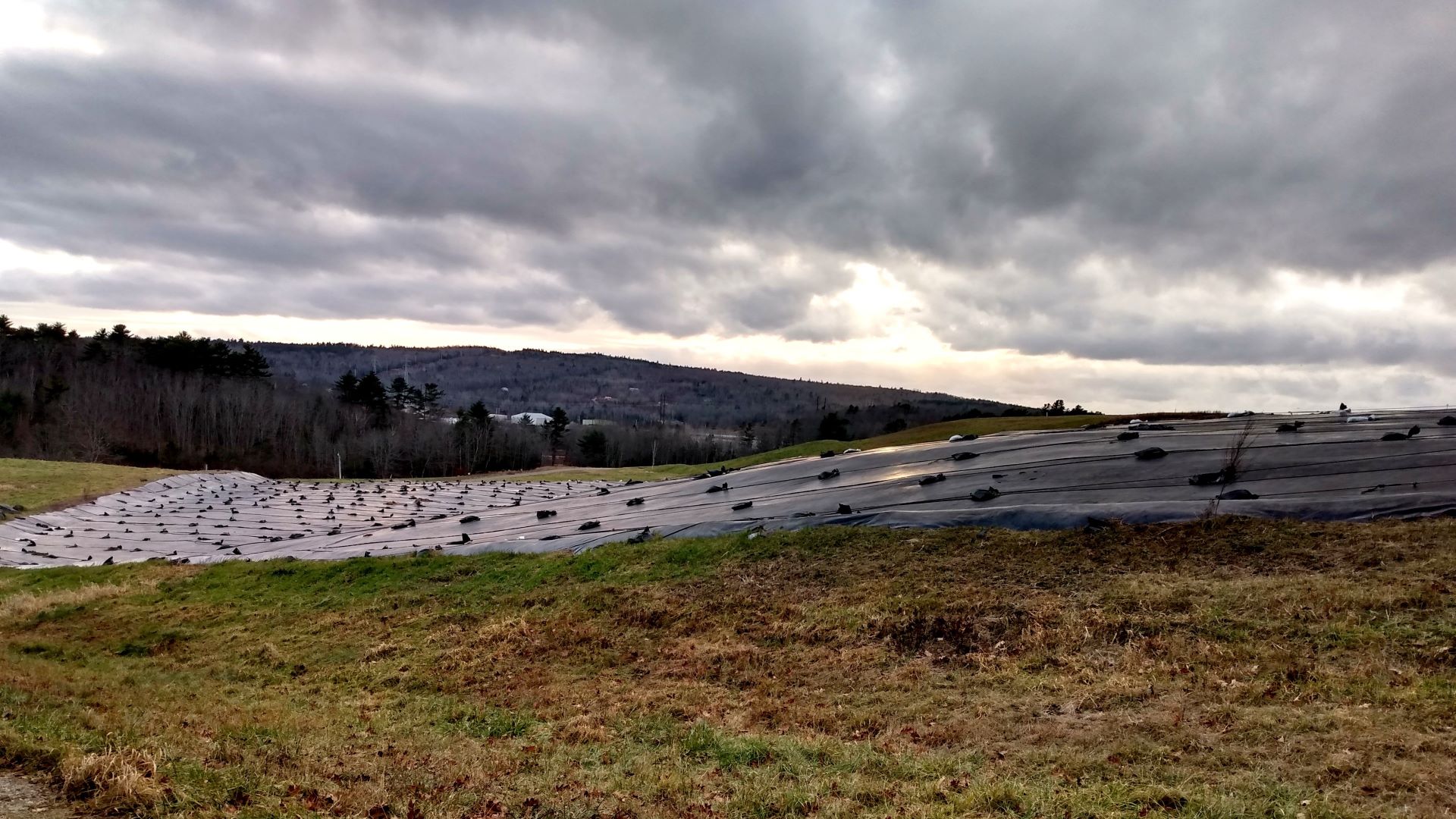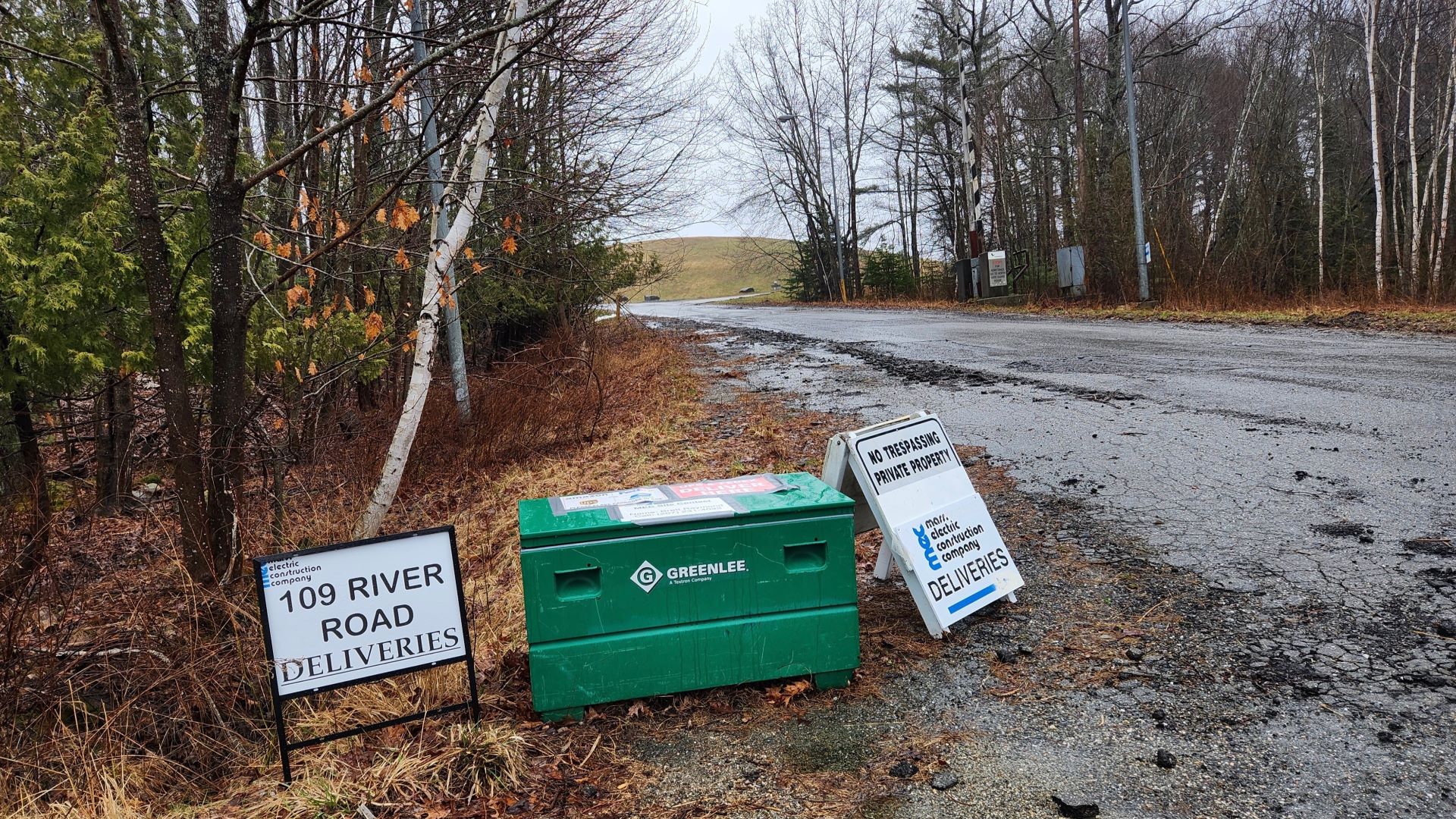Bucksport officials and residents who hope to see their town’s defunct landfill closed were encouraged by a recent state directive: The owner has to shut down the facility by 2026, and must conduct water quality tests and replace the landfill’s damaged cover this year.
But news that two potential buyers were interested in the property came as a surprise, leading town officials on a “fishing expedition” to determine their identities and make clear their concerns.
The company that owns the landfill was supposed to submit a closure plan at the start of the year, but failed to do so because it was in talks to sell the property.
After a sale fell through, Bucksport officials spent weeks trying to confirm the original closure deadline, urging the Department of Environmental Protection to mandate testing and other remediation steps, pointing out the landfill’s history of non-compliance with state orders.
“All of those things were exactly what the town asked,” Bucksport town manager Susan Lessard told The Maine Monitor, referring to the closure timeline confirmation, water quality testing and cover fix. “So I was very pleased with the response.”
State regulators set the 2026 deadline last August and requested that AIM Development, parent company of the landfill owner, Bucksport Mill LLC, submit a plan to close it by the first of this year.
The department gave AIM more time to submit a plan while it was negotiating the sale, which led Bucksport town council members to fear the closure deadline might also be extended.
Both Lessard and Bucksport Mayor Paul Bissonnette sent letters to DEP asking for confirmation of the 2026 closure deadline, with Bissonnette requesting the additional water tests.
Now, according to an order issued April 12, AIM will have to abide by the original closure deadline, test two new wells by the end of this month and cover an uncovered section of the landfill by September.
DEP Commissioner Melanie Loyzim also informed the town there were two new prospective buyers and AIM had requested another extension.
Lessard and the town council fear AIM is using the landfill’s potential sale as a delay tactic to avoid starting on a clean-up, all while the town can’t speak with the unidentified buyers to share their concerns about the landfill.
The town manager was thus relieved that Loyzim said the department wouldn’t grant a closure extension unless the company identifies the interested buyers to DEP and the town.
“She clearly iterated that there’s not a way around us,” Lessard said.
After receiving word of the two new buyers, Lessard went on what she called a “fishing expedition” — attempting to contact the buyers directly and inform them of the issues plaguing the landfill.
Because Maine banned the creation or expansion of commercial landfills in 1989, the new owner of the Bucksport landfill would have to be a municipality or quasi-municipal entity and apply for a new license, according to Lessard.
In an attempt to find out who might be behind a potential purchase, she sent an email to a listserv for Maine town managers.
“This is more than a little awkward, however, awkward or not, I feel like I have to ask on behalf of the community that I represent,” Lessard wrote in the email. “I am not sure what Bucksport Mill or its consults are providing as information to prospective buyers, but it would make sense to contact the host community for their perspective as well.”
AIM tried to sell the landfill to Bucksport a few years ago, proposing the company continue operating it but give the town tipping fees and disposal space.

As the town explored the offer, Lessard unearthed numerous compliance issues, including problems with the landfill’s cover and leachate collection system.
(AIM has been working with DEP to meet the state’s solid waste management rules, according to a department spokesperson, David Madore. A representative for AIM did not return a request for comment.)
Lessard hoped that by sending the mass email she could warn potential buyers about the issues Bucksport uncovered.
“I caught a fish, and that fish is no longer interested in swimming in this pond,” Lessard said at an April 26 town council meeting, meaning she had swayed one of the two potential buyers against the purchase.
Lessard said she couldn’t divulge the identity, but the interested buyer reversed course after being told of Bucksport’s stance that the landfill should be closed.
During public comment at the council meeting, residents warned town councilors to be wary of a potential sale.
Ralph Chapman, who lives in the town, said the landfill may be more of a liability than asset.
“It’s important to recognize that’s the situation we may be in here,” Chapman said.
Lessard said she isn’t too worried about who the other interested buyer is, because it has to be a municipality or municipal group and any sale would require a public process — including state approval.
“I assume in fairly short order we would have some idea who this entity is,” Lessard said.







